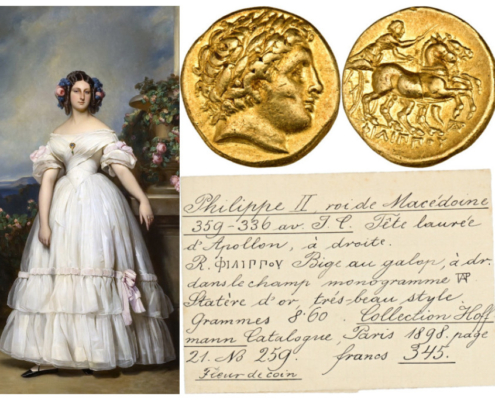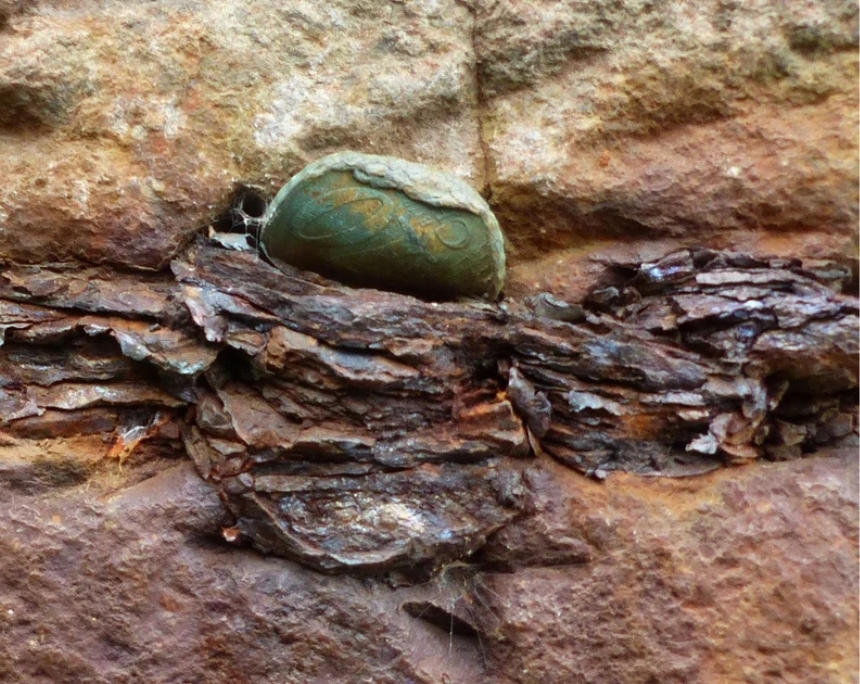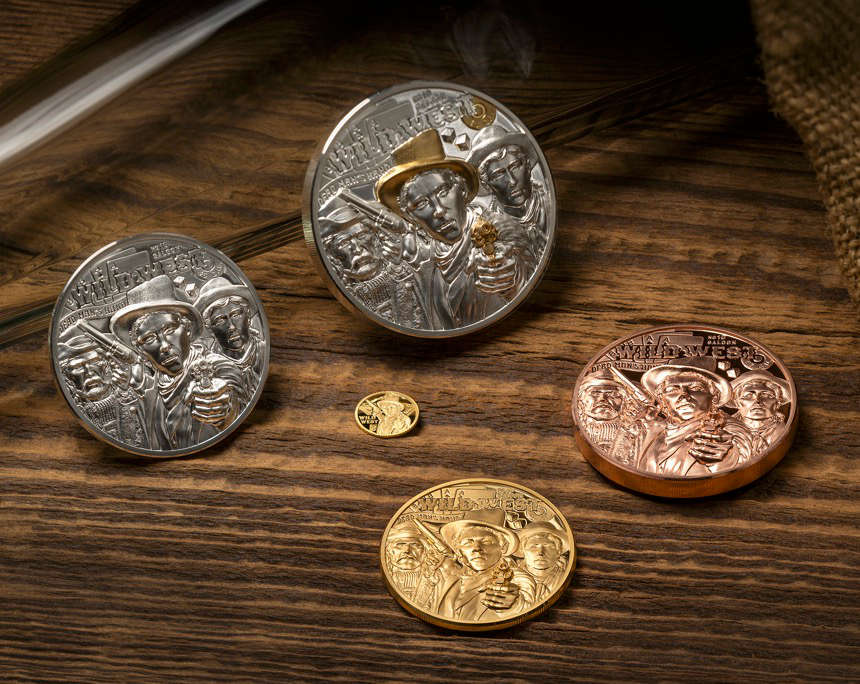Archive: People and Markets
Giant’s Causeway: A Natural Wonder at Risk – Because of Coins?
One of Britain’s most iconic natural landmarks is under threat – because tourists are decorating the famous basalt columns of the Giant’s Causeway with coins. What may seem like a well-meaning gesture is now causing increasing damage to the geologically unique rock formation.
CIT’s Legends – Wild West
In 2024, CIT releases the third issue of its Legends series. Following Terracotta Warriors and Legacy of the Pharaohs, the Liechtenstein innovators now showcase one of our favorite legends: the Wild West. The issue incorporates countless details that are reminiscent of classic Hollywood western movies.
Archive: Coins, Medals and more

Sisi and Franz: Commemorating the Dream Wedding that Was Actually a Nightmare
As part of the phaleristic auction 415 on 28 October 2024, Künker will be auctioning the set of gold medals that Emperor Franz Joseph presented to his father-in-law, Duke Maximilian Joseph in Bavaria. It is the numismatic souvenir of a wedding that turned out to be a nightmare for his daughter – young Elisabeth, who is better known as Sissi or Sisi today.

Clémentine d’Orléans: Extraordinary Woman and Coin Collector
Few women have left such a decisive mark on the history of 19th-century Europe as Cleméntine d’Orléans, and yet it was not until 2007 that her life was honored with a biography. Künker is now offering the coin collection that once belonged to this unusual woman.










An “Error Coin” No Collector Is Happy About
The quality of the country’s collector coins is the subject of heated debate in Germany. This regards silver coins and colour issues. But the problem is not limited to German mints – the phenomenon of “milk spots” in particular is a major concern for coin producers around the world.
2-Euro Ticker: New €2 Coins in March 2025
Rumours about upcoming small-state euro issues are creating a buzz – and the collector year 2026 is already casting its numismatic shadow.